International Dankookians (Students of Dankook University) who come to Korea as exchange students will find it hard to adapt to Korean life for the first time. Most international Dankookians can’t speak Korean fluently. They suffer from resolving their curiosity about university life due to a lack of Korean language skills. So, the Dankook Herald (DKH) tries to convey information about Dankook University (DKU) to international Dankookians. Following the last article about buses and school cafeterias, this article covered visas and Korean language education programs.
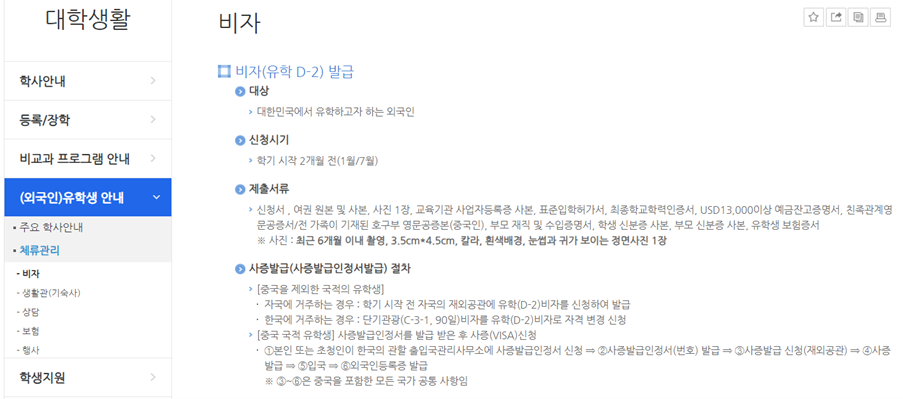 |
| ▲ A Photo of Information about the D-2 Visa (Photo from DKU Portal) |
Q1. What types of visas are needed to stay at the DKU?
D-2 and D-4 are visas that international Dankookians can receive. D-2 Visa is for students who visit Korean universities to study abroad and students can apply for it in January and July. International Dankookians permitted from DKU’s Global Education Center for Korean language education must take a D-4 visa, not a D-2. International Dankookians from China have to apply for a D-4 visa in Korea and international Dankookians from non-China must apply for a D-4 one at a local Korean mission in each country. If you want to extend your D-4 visa, you should register a D-4 one with the necessary documents at the immigration office.
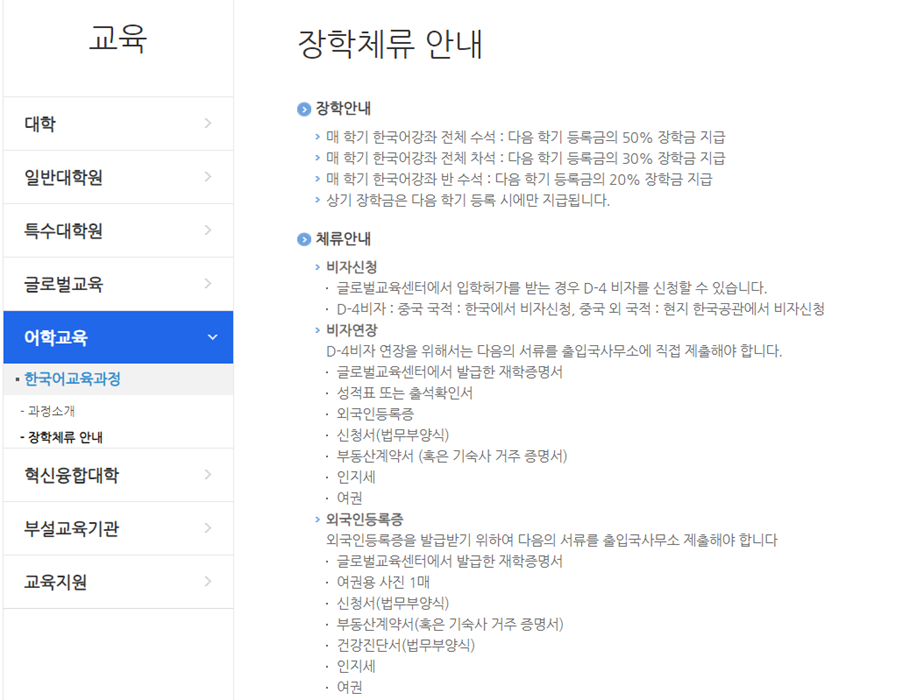 |
| ▲ A Photo of the D-4 Visa Information in DKU’s Global Education Center for Korean Language Education (Photo from DKU Portal) |
Q2. How can I get information on visas?
A list of documents required for a D-2 visa application can be found in the ‘Visa’ section of ‘Residence Management’ in ‘Guide to International Students’ under ‘University Life’ on DKU’s official website. The list of D-4 visa requirements is in the ‘Scholarship Stay Guide’ section in the ‘Korean Language Education Course’ in ‘Language Education’ under ‘Education’ on the official website. If you want to stay longer in Korea, you can engage in other activities such as employment or starting a business can search in detail on the ‘Korean Visa Portal’ site. The ‘Visa Navigator’ on the site guides relevant visas according to purpose and situation, ‘Visa Navigator’ helps you to find information on visas easily.
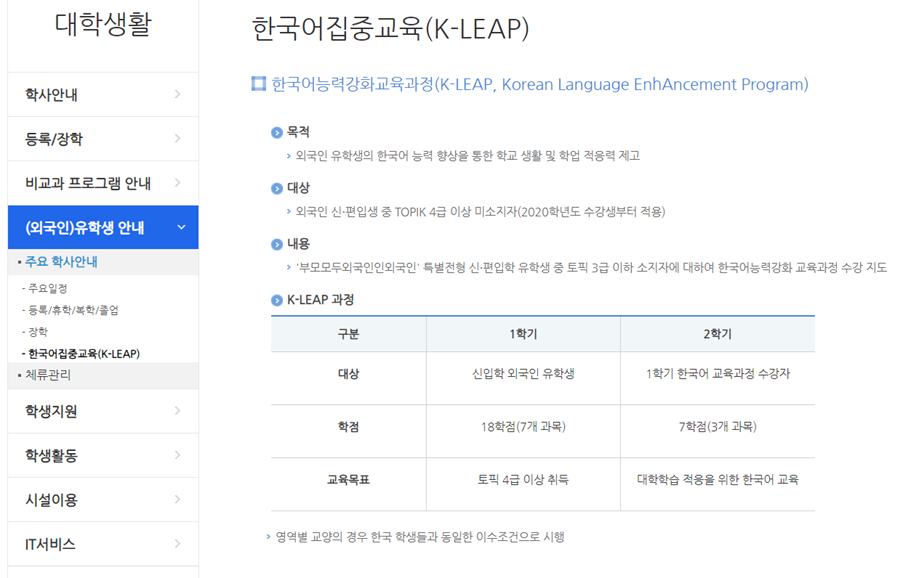 |
| ▲ A Photo of the Conditions of K-LEAP (Photo from DKU Portal) |
Q3. How are Korean language classes conducted for international Dankookians?
International Dankookians have opportunities to enhance their Korean language skills through various programs offered by DKU. One notable program is the Korean Language Enhancement Program (K-LEAP) designed for international Dankookians. This program aims to improve their proficiency in Korean. It is available for international Dankookians who have entered the DKU as freshmen or transfer students, but not for exchange students. The program is managed for those with TOPIK level 3 or lower. In the case of exchange students, they have separate programs designed for them, distinct from K-LEAP. DKU’s Korean language curriculum for international Dankookians is speaking, listening, reading, and writing, divided into six levels according to their proficiency. Additionally, Korean culture classes are offered concurrently, allowing students to deepen their understanding of Korea.
Q4. How can I enroll in additional Korean language programs outside of DKU’s curriculum?
You can take additional classes through Young熊 Story in the DKU portal. Currently, Young熊 Story offers various programs such as Korean spelling and spacing. These programs are organized by the Cheonan Campus, but you can take programs regardless of your campus. You can apply for and participate in these programs on Young熊 Story, or watch related videos freely available on the DKU Writing Center channel on YouTube.
As you live in DKU, you will keep guessing about overall living. Getting accurate answers is not easy, so the DKH is here to help international Dankookians. So, the DKH helps international Dankookians to solve their questions. There is always a survey asking questions about DKU. Please let us hear your voice through the survey to resolve your difficulty.
윤희원, 정영훈, 박상우 dankookherald@gmail.com

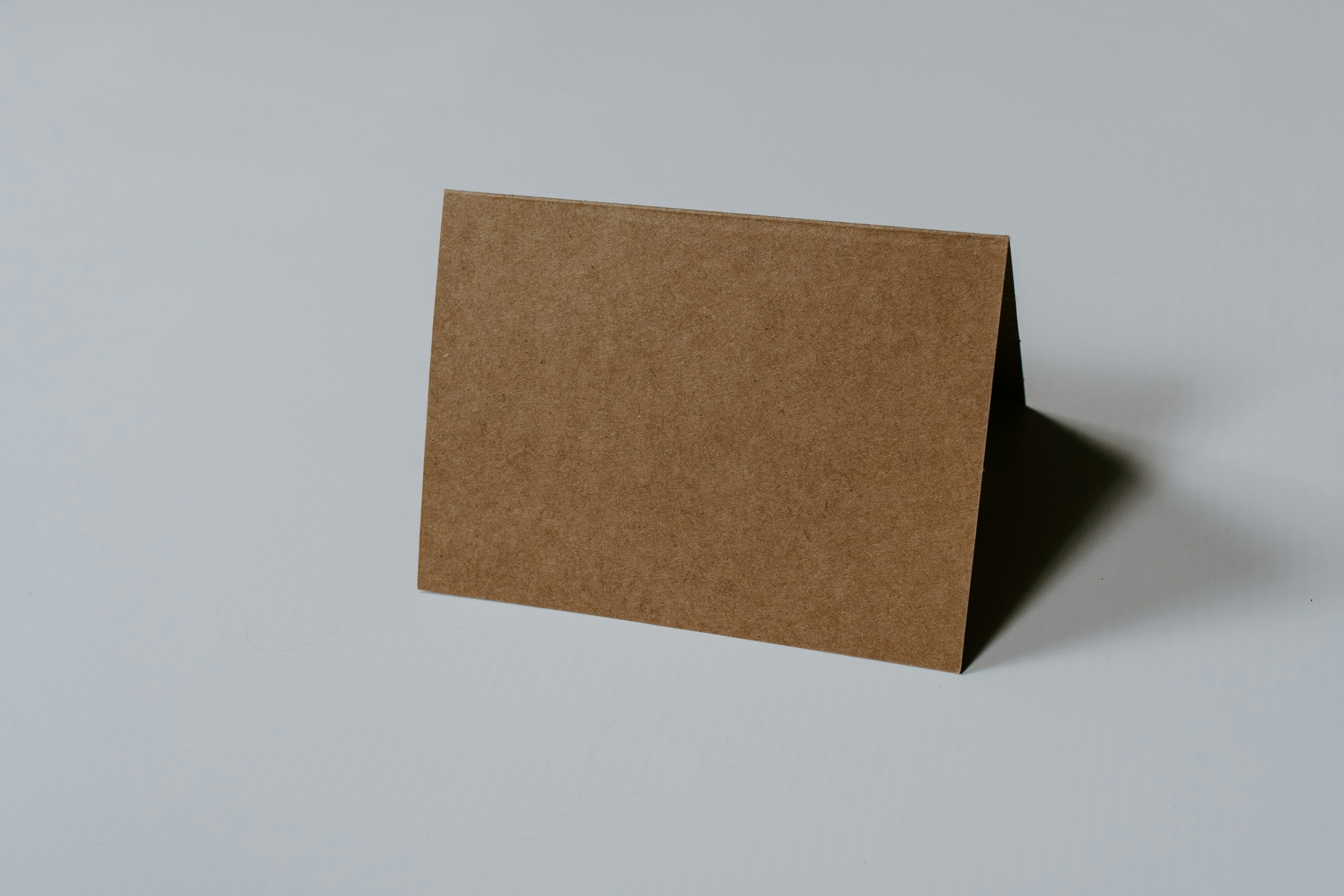 Vote for the Campus Brand Naming!
Vote for the Campus Brand Naming!
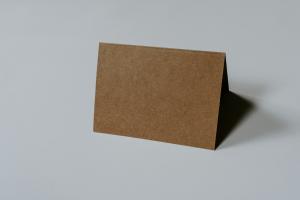
![[Campus Magnifier] Let's Surf the Library!](/news/thumbnail/202404/12496_1765_4143_v150.jpg)




